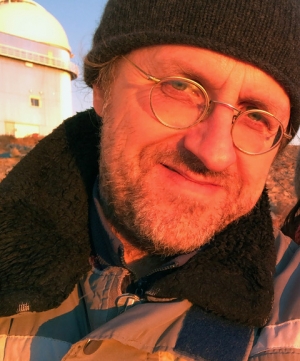U bent hier
Bernhard Schölkopf
Abstract
Machine learning is being deployed across the sciences, changing the way we perform scientific inference. As a data-rich discipline, astronomy offers abundant opportunities, some of which will be covered in the talk: imaging of faint structures, solar eclipse high dynamic range imaging, exoplanet detection and atmospheric retrieval, and gravitational wave inference.
I will also discuss some failure modes of current AI models.
Bio
Bernhard Schölkopf studies machine learning and causal inference, with applications to fields ranging from astronomy to biomedicine, computational photography, music and robotics. Originally trained in physics and mathematics, he earned a Ph.D. in computer science in 1997 and became a Max Planck director in 2001. He is a Professor at ETH Zurich, a member of the German Academy of Sciences, and helped start the MLSS series of Machine Learning Summer Schools and the ELLIS society. His awards include the ACM AAAI Allen Newell Award, the BBVA Foundation Frontiers of Knowledge Award, the Leibniz Award, and the Royal Society Milner Award.



